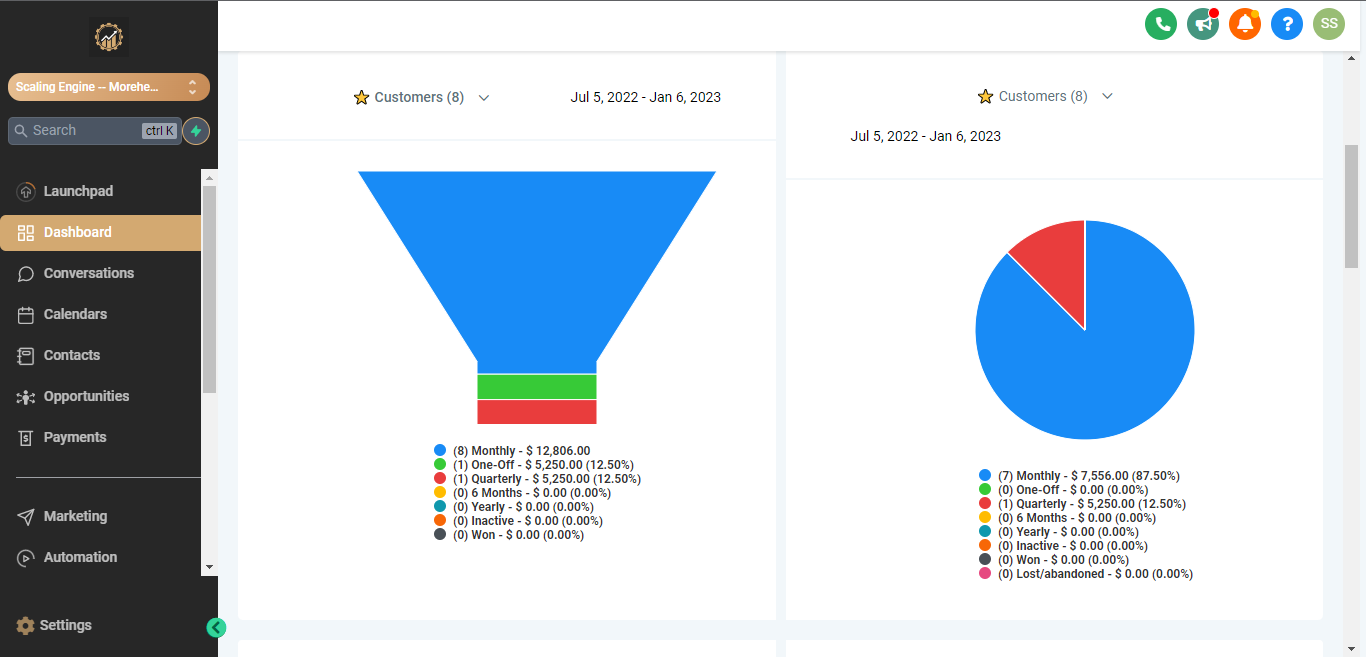The Role of Emotional Intelligence in Business Growth Advising
In today’s dynamic business landscape, the role of a business growth advisor goes beyond strategies and numbers. It involves understanding the emotional and interpersonal aspects that influence decisions, foster resilience, and ultimately shape the path to sustainable growth. Emotional intelligence (EI), or the ability to understand and manage emotions effectively, has become an indispensable skill for advisors who seek to build strong client relationships and empower businesses to reach their potential.
Why Emotional Intelligence Matters in Business Growth Advising
Advising on business growth is as much about building trust as it is about providing actionable guidance. Advisors who possess high emotional intelligence are not only able to connect with clients on a deeper level but can also read between the lines to understand the real challenges a business faces. Often, behind the numbers lie concerns, uncertainties, and ambitions that, when acknowledged, lead to more honest conversations and productive outcomes.
A business growth advisor with EI skills:
- Builds strong client rapport: Clients want advisors who genuinely understand their vision and challenges.
- Identifies underlying concerns: By tuning into a client’s emotions, an advisor can address hidden issues that might otherwise hinder growth.
- Facilitates effective communication: Clear, empathetic communication fosters mutual understanding and sets the foundation for sustainable solutions.
The Impact of Emotional Intelligence on Client Relationships
When a business growth advisor demonstrates emotional intelligence, they establish a supportive environment where clients feel valued and understood. This connection can be the difference between a client who is willing to make transformative changes and one who hesitates due to fear or uncertainty. Advisors who lead with empathy build trust, allowing clients to open up about their deeper business concerns.
Take, for instance, a scenario where a client’s business is experiencing stagnation. A traditional approach might focus solely on financial metrics or operational tweaks. However, an advisor with high EI might sense that underlying fears—such as potential job losses or strained team dynamics—are preventing the client from making bold moves. By addressing these concerns directly, the advisor not only provides business solutions but also reassures the client on a personal level, increasing the likelihood of actionable progress.
Leveraging EI to Tackle Business Growth Challenges
Business growth often requires confronting difficult truths and making substantial changes. Advisors who rely on emotional intelligence can ease this process by guiding clients through their discomfort and helping them embrace change. When clients feel supported, they are more likely to commit to strategies that might initially seem intimidating.
Examples of Emotional Intelligence in Action
- Active listening and validating concerns: When a client expresses worry over market changes, an advisor with high EI listens actively, validates these concerns, and reframes them into actionable steps.
- Encouraging reflection: An emotionally intelligent advisor encourages clients to reflect on past challenges and celebrate successes, creating a balanced perspective that fuels confidence.
- Fostering resilience: By recognizing and addressing emotional triggers, an advisor can help clients build resilience, a key asset in navigating the ups and downs of business growth.
The Tangible Benefits of EI for Business Success
Advisors who integrate emotional intelligence into their guidance offer tangible benefits for business growth. These advisors are not only problem-solvers but also partners who genuinely care about the client’s journey. This creates a ripple effect where clients feel more engaged, motivated, and willing to tackle even the most daunting growth challenges.
Some clear advantages of emotional intelligence in business advising include:
- Increased client satisfaction: When clients feel understood, they’re more likely to express satisfaction and recommend the advisor’s services to others.
- Enhanced client loyalty: Advisors who build meaningful relationships are often rewarded with long-term loyalty, creating a steady stream of clients who trust and value their expertise.
- Higher conversion rates: Emotional intelligence helps advisors present their solutions in ways that resonate with clients, leading to quicker and more confident decisions to move forward with recommended growth strategies.
Integrating Emotional Intelligence into Business Growth Advising
Becoming an emotionally intelligent business growth advisor involves intentional practices that enhance empathy, self-awareness, and interpersonal skills. Here are a few strategies that advisors can adopt:
- Practice mindfulness: Regular mindfulness exercises help advisors stay grounded, enabling them to approach client interactions with a calm and open mindset.
- Invest in active listening: Rather than focusing solely on solutions, advisors should actively listen to clients, creating space for open and honest dialogue.
- Develop empathy: Understanding a client’s journey, from their triumphs to their struggles, builds empathy and allows advisors to tailor their guidance accordingly.
- Communicate with transparency: Advisors who communicate clearly and transparently foster trust, making it easier for clients to discuss sensitive business challenges.
Moving Forward with Emotional Intelligence
Emotional intelligence isn’t just a desirable trait for a business growth advisor—it’s a key factor that can determine the success of advisory relationships. As businesses face complex challenges, the need for advisors who can blend practical expertise with emotional sensitivity is more crucial than ever. By incorporating EI into their approach, business growth advisors can not only address the immediate needs of their clients but also empower them to make lasting, impactful changes.
Conclusion: Become the Advisor Your Clients Need
Emotional intelligence offers business growth advisors a unique advantage: the ability to connect on a personal level, address underlying issues, and encourage meaningful progress. For businesses seeking real, sustainable growth, a partnership with an emotionally intelligent advisor can be transformative. Ready to make an impact? Connect with a business growth advisor who values not just the numbers but the people behind them.

